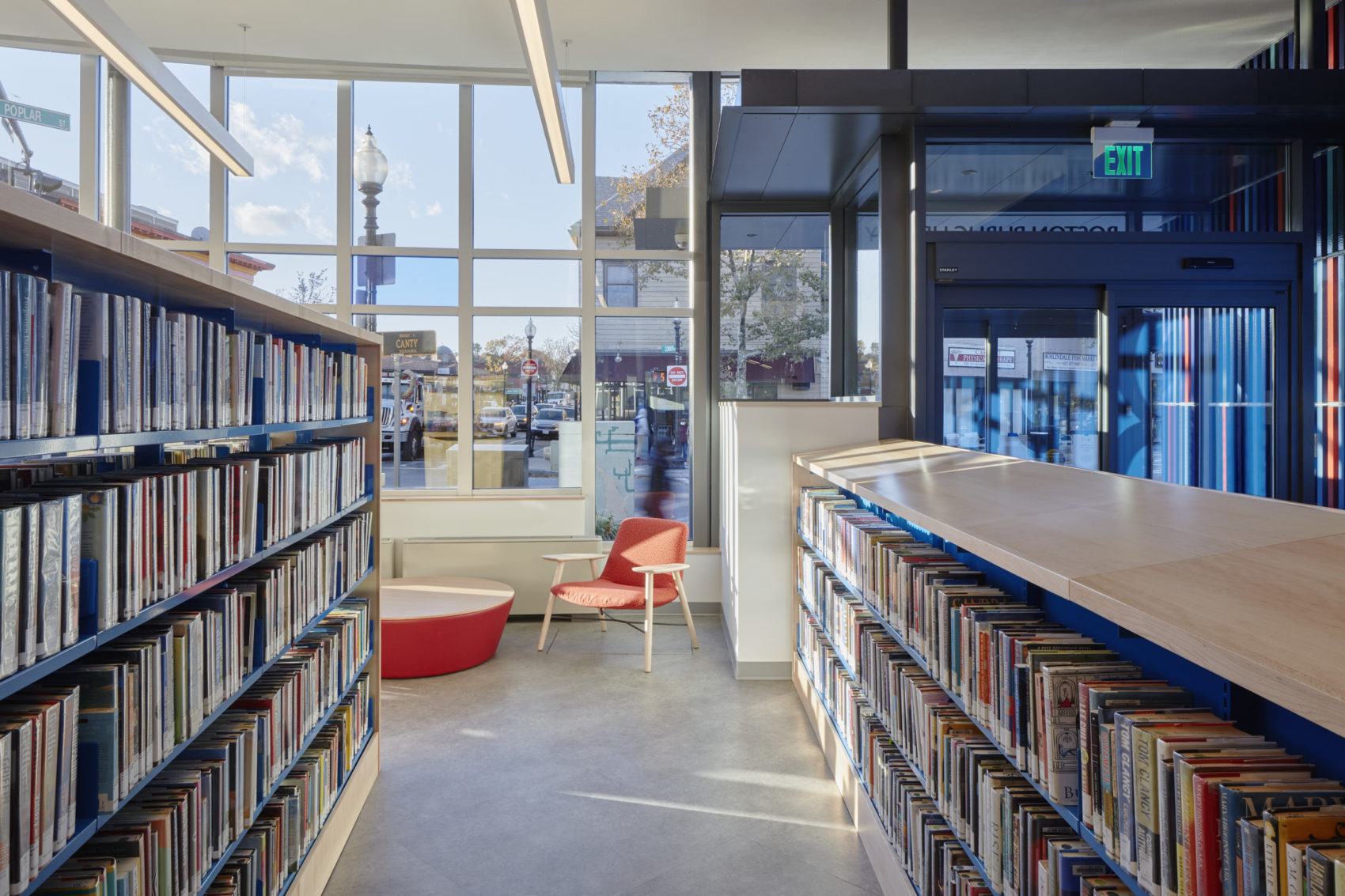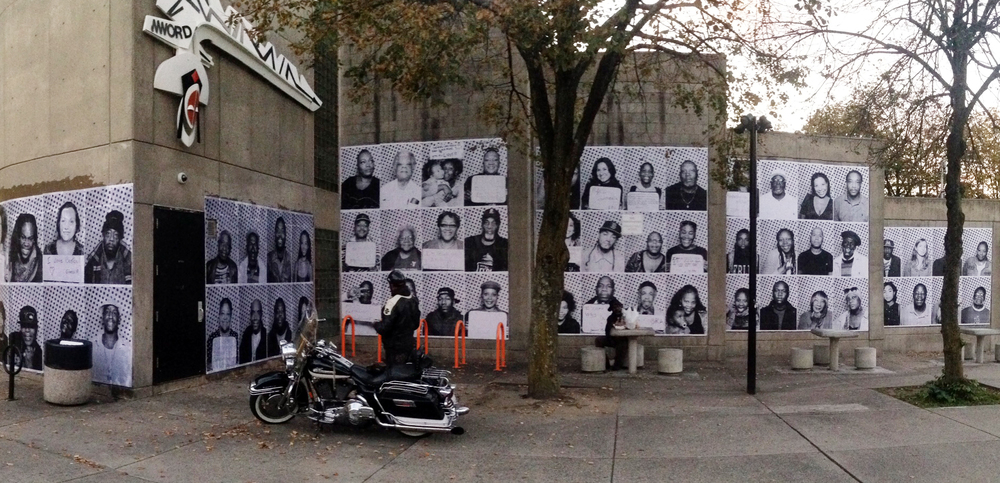
Stories are powerful things. They are, of course, part of the lifeblood of any public library. We use stories both to find people like us, to recognize our own experiences in others and to feel validated and less alone, and to experience lives we would never have gotten to live through the eyes of others, to find connections even with those most different from us. This is why having diverse collections is so important — we want as many people as possible to see themselves reflected in the library, and we want to give people the opportunity to learn more about as many different kinds of people as possible. When you’ve seen things from another person’s perspective, it’s a lot easier to see them as a person. This is becoming more and more important in today’s increasingly divided world. Providing access to stories of all kinds is beneficial at a societal level, and, together with providing access to reliable information, is one of the prime directives of public libraries everywhere.
Since stories play such an important role in our lives, I’ve loved seeing libraries taking curation of stories to another level by collecting and sharing patron stories, or working with organizations like the Human Library to help their patrons connect with people with different experiences. The Boston Public Library system, where I work, has had a few programs that encourage people to tell their stories.
We have circulating oral history backpacks — kits with high quality, portable recording equipment and a binder with guidelines on the kinds of questions to ask to encourage people to tell their stories — so patrons can record their family histories, interview their neighbors, or even complete more complex oral history projects. Patrons can keep the stories for themselves, or, with permission from the storytellers, can work with the library to find an oral history repository to donate copies to.
This year, the BPL also worked with GrubStreet, Boston’s creative writing center, to offer workshops all around the system on personal storytelling. The stories created in those workshops were then published in a community anthology that we’ve added to our local history collections, along with similar publications from workshops in years past.

When exploring the various community anthologies the BPL has created, I came across Faces of Dudley, a book featuring oversized photographic portraits of residents of Dudley (now Nubian) Square in Roxbury that were part of a temporary installation on the outside of the Roxbury Branch Library in 2015. It would be amazing to see the library make creating installations like this a regular thing cycling through the different neighborhoods. It would make a great way for residents to come together to tell their stories.